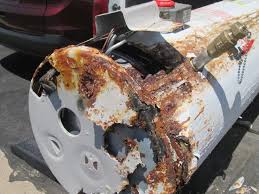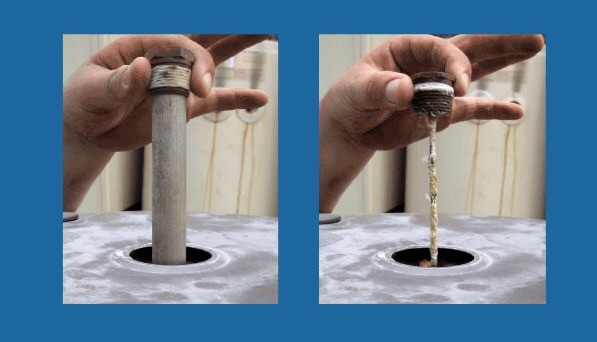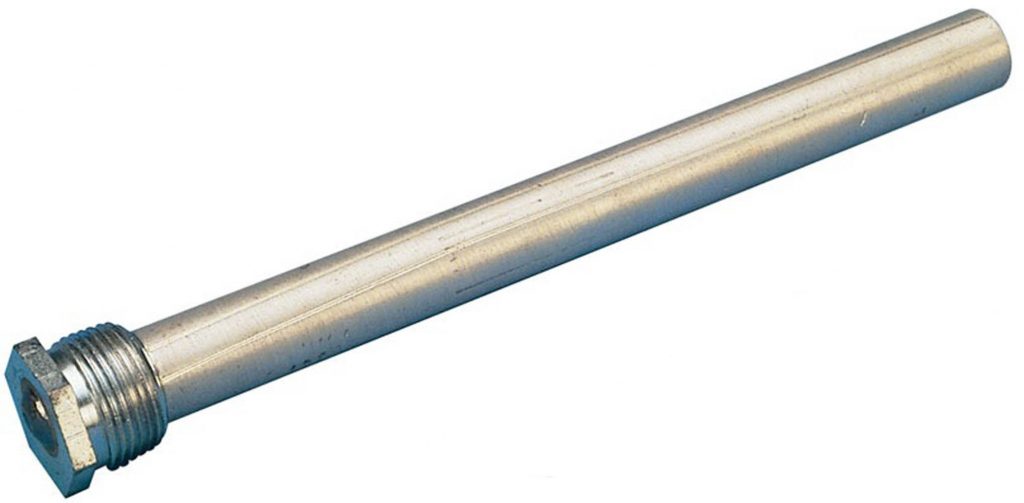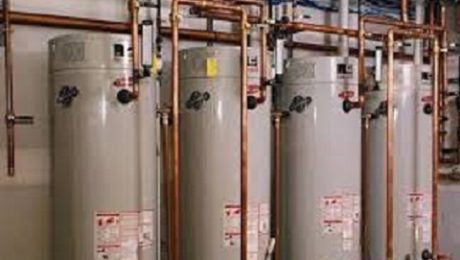Protection of water heater against corrosion
Maintenance of water heaters using a sacrificial anode
The use of water heaters in industry as well as in homes in various dimensions and shapes is essential. Therefore, its maintenance is very important. The water heater may run loudly over time as sediment builds up inside. This deposit may be due to natural minerals in the water or substances that result from corrosion of the sacrificial anode or the tank itself.
In a water heater, the sacrificial anode is visible as a rod that slowly erodes over time. The sacrificial anode is made of magnesium, aluminum or a combination of zinc and aluminum. The water in the tank causes corrosion of the inner steel of the tank by creating an electrolytic reaction. To protect the steel, a magnesium or aluminum rod anode is placed in place. After the anode corrodes, the tank steel begins to corrode and the tank fails.
Replacement time of sacrificial tank anodes
To protect the tank steel against corrosion, the sacrificial anode of the tank should be replaced every 3 to 5 years, depending on the type of tank. The warranty period of the tank can be used to determine the time of replacement of the anodes. If the anodes are not replaced in time, the tank will continue to work, but over time, the tank steel will corrode and tank replacement will be inevitable, which will cause a lot of damage.

water heater tank corrosion
How to place the sacrificial anode in the tank
The sacrificial anodes are usually screwed to the top of the tank for easier access. Note that sometimes the length of these bars is long and you have to have enough space to take them out. Therefore, sometimes it is necessary to remove the tank to replace the sacrificial anode.

Water heater anode
What type of sacrificial anode is used in the tank?
The sacrificial anode type is usually recommended by the manufacturer. Aluminum sacrificial anode, although it may cost less, has a higher corrosion rate than magnesium anode. Also, in addition to making noise, the aluminum poured into the tank pollutes the water in the tank. Therefore, be careful never to use hot water from the tank for drinking or cooking. The most common sacrificial anode in water heater tanks is the magnesium sacrificial anode.

- Published in Articles, Educational, Scientific


